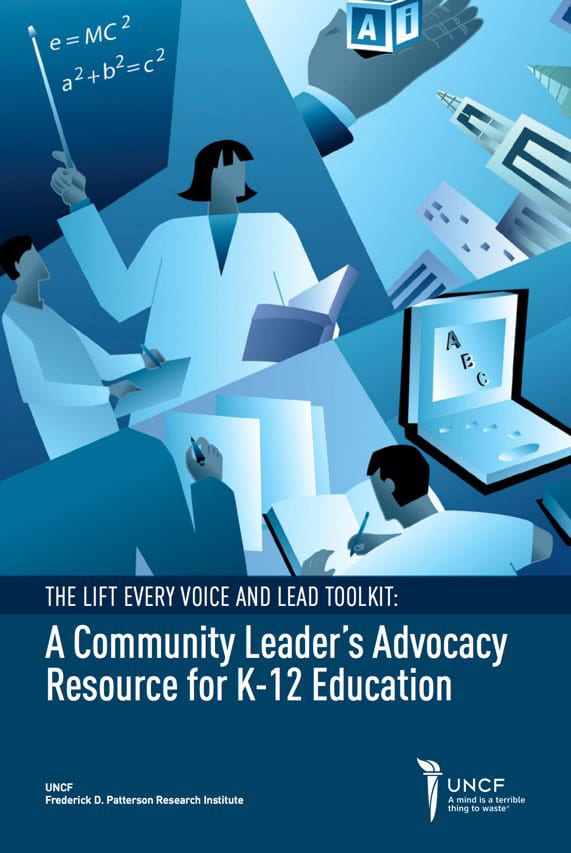
 Black leaders not only amplify issues of inequities and help to dismantle systemic racism, they also serve as role models for Black students.
Black leaders not only amplify issues of inequities and help to dismantle systemic racism, they also serve as role models for Black students. Key Finding 5: Increased African American Leadership
Seventy percent of parents and caregivers believe the involvement of African American leaders and organizations will make school improvement efforts more effective.
Figure 5 shows that 70% of Black parents agree that educational efforts would be more effective if there were more Black leaders and organizations involved. This is up 8 percentage points from the previous survey. Black leaders matter. Black civil rights organizations matter—for their expertise, deep involvement and engagement in the community and their trust among the Black community. It is important to recognize that while the message certainly matters in community engagement and policy, the messenger plays a critical role as well. The individuals, systems and practices in place are consequential to community relations and outcomes. Yet, a perusal of education non-profits, research centers and congressional committees reveals that they are overwhelmingly White.

Representation across the full spectrum of education is imperative, from the teacher to the principal, superintendent or CEO, to leaders of organizations. Black leaders not only amplify issues of inequities and help to dismantle systemic racism, they also serve as role models for Black students. Nationwide, only 10% of principals are Black,1U.S. Department of Education. (2016). The state of racial diversity in the educator workforce. yet principals and leaders of color are essential to schools and further contribute to diversifying the teacher workforce, where only 7% of teachers are Black. Research shows that schools with more Black principals have higher percentages of Black teachers,2Superville, D. (2019 May 19). “Districts struggle to hire Black teachers. Is the solution hiring more Black principals?” Education Week, www.edweek.org/leadership/districts-struggle-to-hire-black-teachers-is-the-solution-hiring-more-black-principals/2019/05. Accessed 22 Nov. 2021. increased student performance3Bartanen, B., and Grissom, J. (2019). School principal race and the hiring and retention of racially diverse teachers. (EdWorkingPaper: 19-59). Retrieved from Annenberg Institute at Brown University: https://doi.org/10.26300/ny03-zw18 and increased enrollment of Black students in gifted programs.4Grissom, J., Rodriguez, L. & Kern, E. (2017). Teacher and principal diversity and the representation of students of color in gifted programs: Evidence from national data. The Elementary School Journal (117)3: 396–422.
| Digging Deeper |
|
When assessing the importance of Black leaders across the oversample cities, Indianapolis had the highest percentage (76%) of Black parents who suggested that education reform would be better if more Black leaders and organizations were more involved. |



